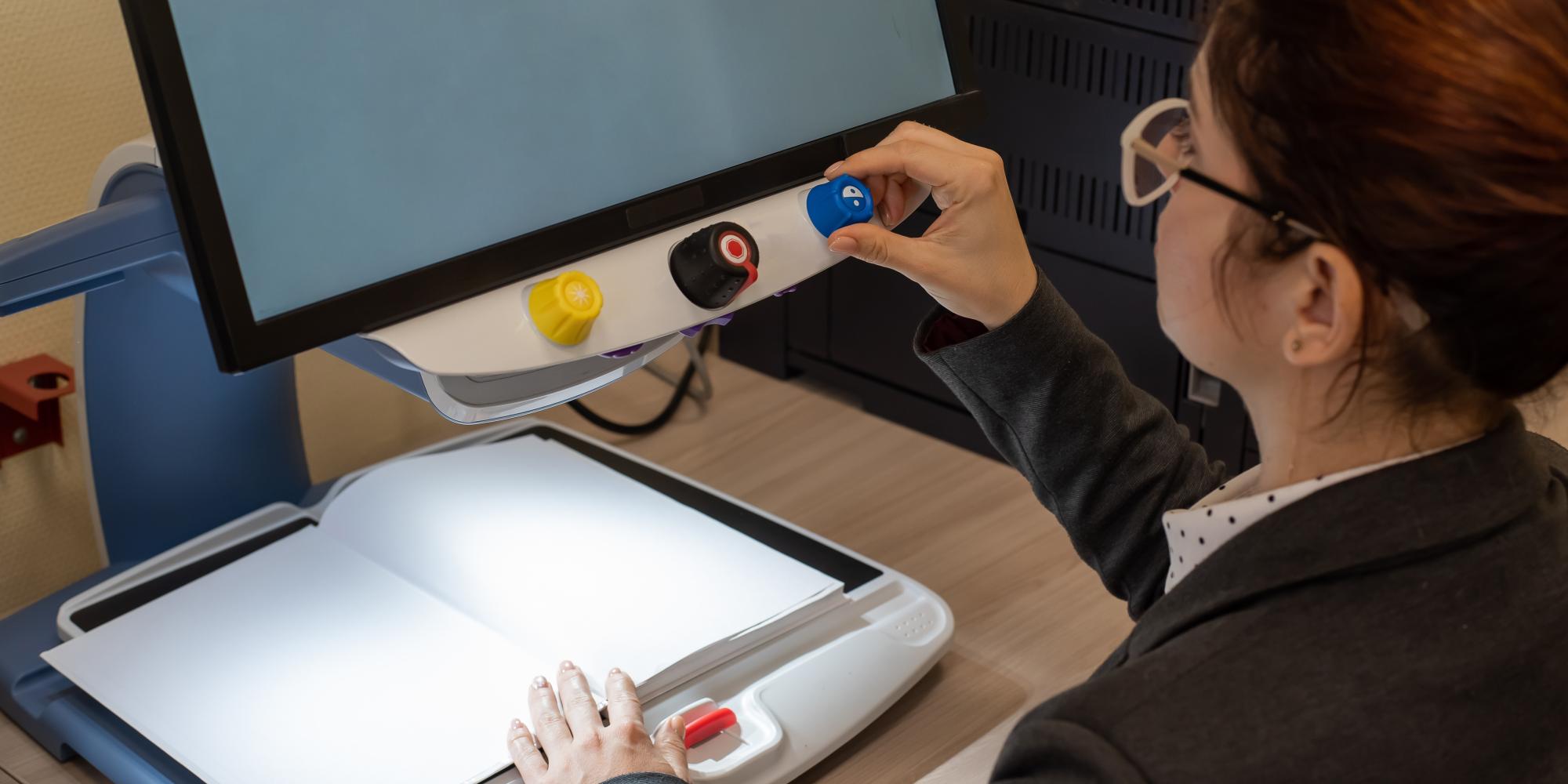Query 28 - Disability inclusion training for the UK Prosperity Fund: Q&A
Q&A following training to the UK Prosperity Fund department
SDDirect provides research, guidance, and technical support on disability inclusion in all aspects of policy and programming.
We also mainstream disability inclusion throughout our work to promote the ‘leave no one behind’ agenda and the ‘nothing about us, without us’ call from the disability rights movement.

An estimated 1.3 billion people, or 16% of the global population, have a disability. Despite this, people with disabilities have historically been overlooked in development and humanitarian policy and programming. Too often people with disabilities are denied their basic human rights, including access to education, employment and health services. The disability rights movement is advocating for change.
"…disability results from the interaction between persons with impairments and attitudinal and environmental barriers that hinders their full and effective participation in society, on an equal basis with others" - United Nations Convention on the Rights of Persons with Disabilities

SDDirect has extensive experience providing guidance on disability inclusion across sectors. Through the Disability Inclusive Development Helpdesk, we support the generation of a rigorous evidence base on ‘what works’ to deliver results for people with disabilities. The Helpdesk also provides technical and training support to ensure that data and evidence is used to drive further action and investment in disability inclusion.
We promote disability inclusion through our broader work, including our work on gender-based violence, infrastructure, safeguarding, and women’s economic empowerment.
We take a rights-based approach to disability inclusion and apply a gender and intersectionality lens in everything we do. Working with organisations of persons with disability (OPDs) is central to our approach and essential to promote the approach advocated by the disability rights movement: “nothing about us without us”.
We work to promote disability inclusion in our workplace and operations. SDDirect is a Disability Confident Employer, and we have an active Disability Inclusion Working Group that reports to our executive management team.
If you would like to hear more about our work on Disability Inclusion, please reach out to Rebekah Martin, Head of Disability Inclusion portfolio, rebekah.martin@sddirect.org.uk.
Q&A following training to the UK Prosperity Fund department
This report aims to complement a 2018 situational analysis undertaken by the Institute for Development Studies (IDS), by drawing on the practical ‘know-how’ and expertise of practitioners working on disability rights in Nigeria, to provide rich insights and help contextualise information available online. Interviewees included representatives from Nigerian DPOs, INGOs and advocates for disability rights in Nigeria.
People with disabilities are disproportionately impacted by COVID-19. They must be included meaningfully in the response and recovery.
This evidence digest considers the likely impacts and risks of COVID-19 for people with disabilities in humanitarian contexts, and mitigation measures.
This evidence review considers the risks and impacts of the current Afghanistan crisis for people with disabilities in Afghanistan; the risks and impacts of the current Afghanistan crisis for Afghan refugees with disabilities moving in the region; and the ways in which the humanitarian response can be disability-inclusive.
This factsheet summarises the context of disability inclusion and rights in the Solomon Islands/Pacific Islands; the progress that has been made in recent years and what gaps remain; and the evidence on disability inclusion in 3 key sectors in the Solomon Islands/Pacific Islands [e.g. education, employment/social protection, access to services].
This factsheet summarises the context of disability inclusion and rights in China; the progress that has been made in recent years and what gaps remain; the evidence on disability inclusion in 3 key sectors [education, employment/social protection, health]; and the linkages between disability inclusion and international trade with China.
This report gives an overview of the situation for people accused of witchcraft, good practice in responding to accusations of witchcraft, and relevant international and regional conventions. It is primarily focussed on Ghana and sub-Saharan Africa but also includes some global evidence to address evidence gaps or provide more examples of good practice.
This evidence brief looks at what works to develop quality services and community interventions to support people with mental health conditions and psychosocial disabilities and wellbeing for all, across the lifecycle. It provides examples of effective interventions in this area.
This evidence brief looks at what works to ensure people with mental health conditions and psychosocial disabilities enjoy their rights and participate in decision-making. It provides examples of effective interventions in this area.

